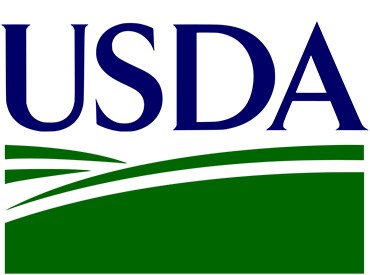USDA has revealed an initiative to strengthen the organic goods market and support producers seeking organic certification. This takes the form of funding opportunities that are part of the Department’s Organic Transition Initiative which provides a suite of offerings to help existing organic farmers and those transitioning to organic production and processing.
“As USDA works to help make our nation’s food system more resilient and create more options for producers and consumers, we recognize the important role the organic industry can play in expanding opportunities for value-added agriculture, strengthening supply chains, and generating revenue for farmers,” Agriculture Secretary Tom Vilsack said in a statement. “For many farmers, the transition period before attaining organic certification can be cost-prohibitive, so USDA is also helping mitigate the risk involved for farmers who want to be able to grow and market organic crops.”
Through the new Organic Market Development Grant Program, USDA’s Agricultural Marketing Service will issue up to $75 million in competitive grants to facilitate increased consumption of agricultural commodities by aiding in the expansion of markets or development of new markets, marketing facilities, and uses for the commodities.
As part of USDA’s effort to support organic producers, the Farm Service Agency increased the cost share amount under the Organic Certification Cost Share Program, which helps organic producers cover organic certification costs, to the maximum amount allowed by statute. FSA will now cover up to 75 percent of costs associated with organic certification, up to $750 for crops, wild crops, livestock, processing/handling, and state organic program fees.
Consumer demand for organically produced goods surpassed $67 billion in 2022, and multi-year trends of strong growth in the sector provide market incentives for many U.S. farmers, according to the USDA. Public comment and listening sessions have shown that producers tend to be less willing to commit to the three-year transition to organic certification because of risks related to inadequate organic processing, storage, and handling capacity, cost barriers, market access uncertainty, and insufficient supply of certain organic ingredients. The announced opportunities seek to address these concerns.
Related: Food Insecure Populations Lack Support; USDA Announces Regional Food Business Centers

